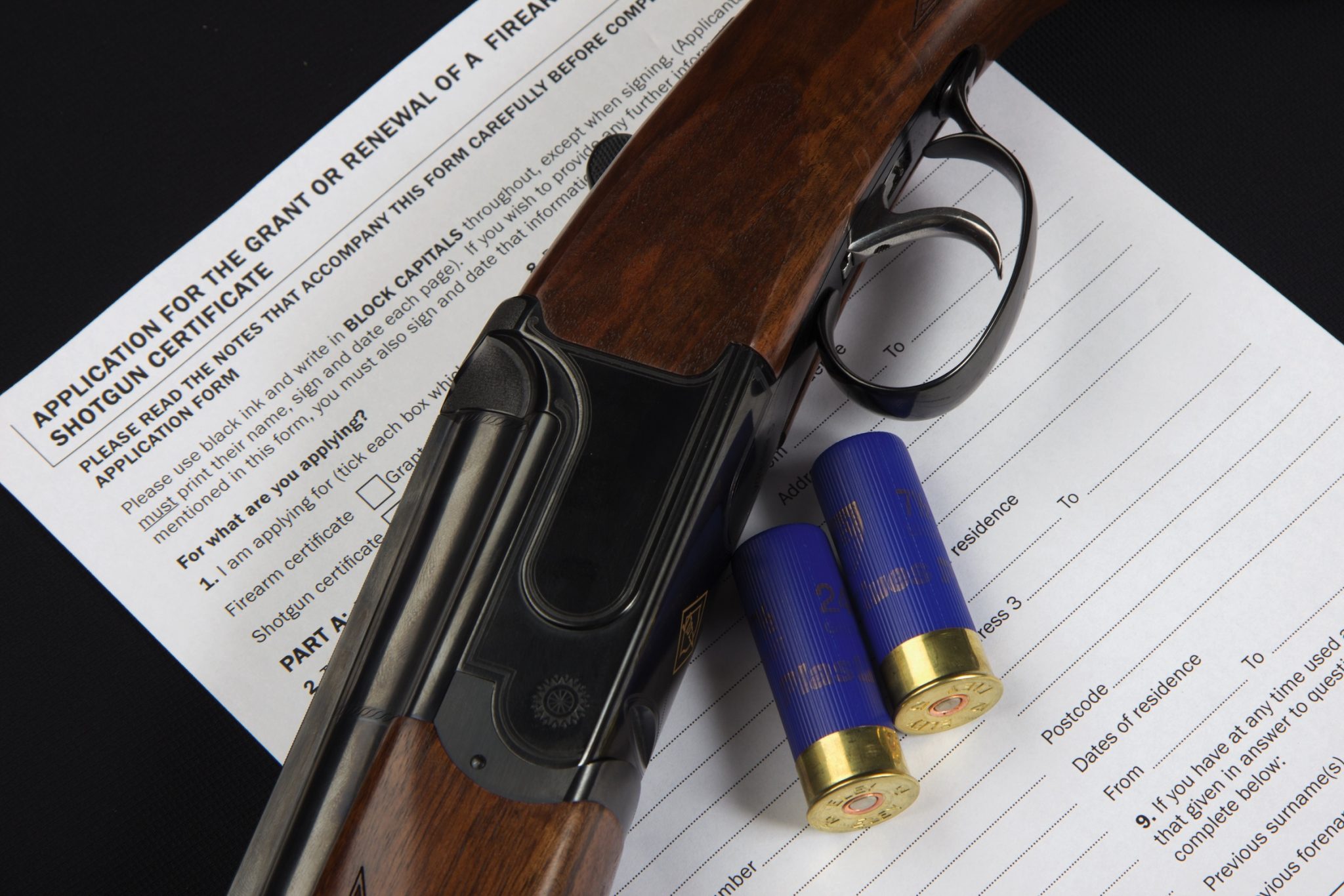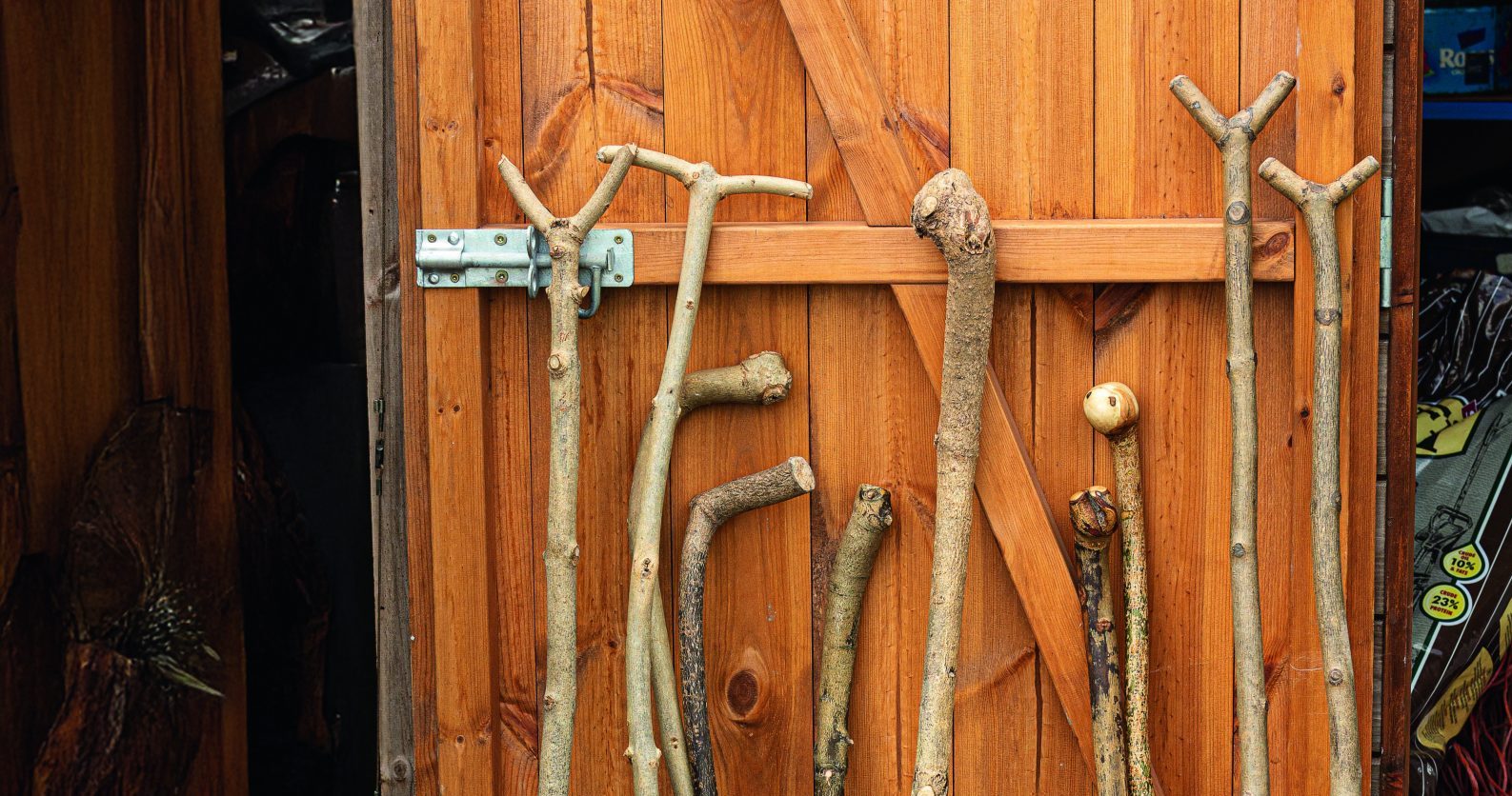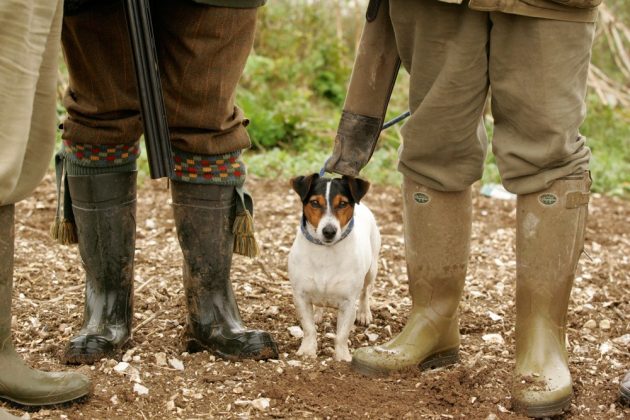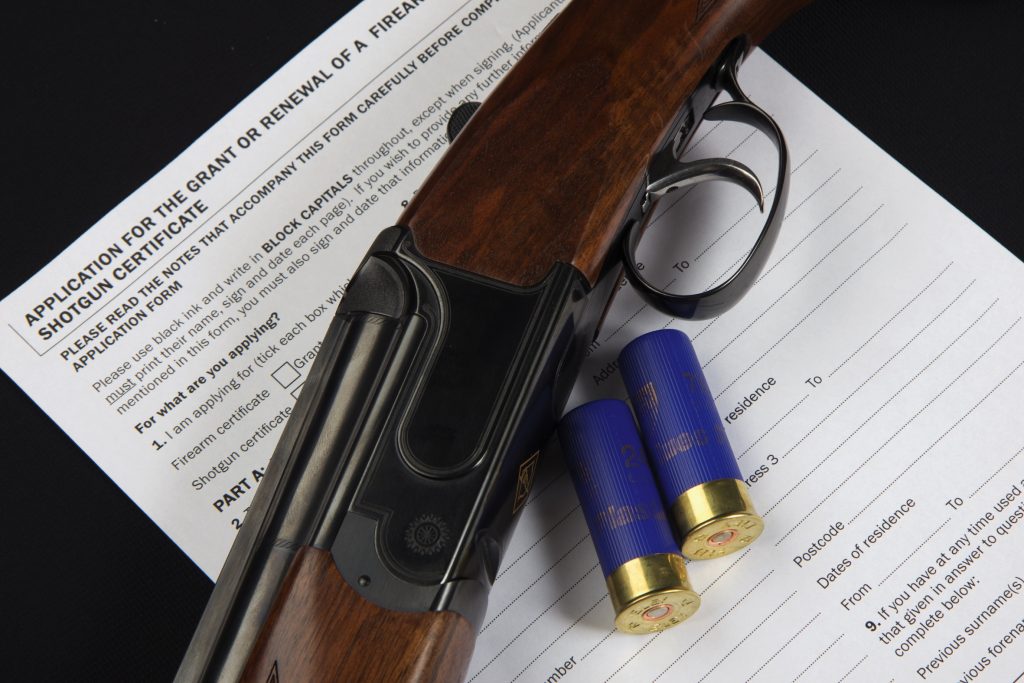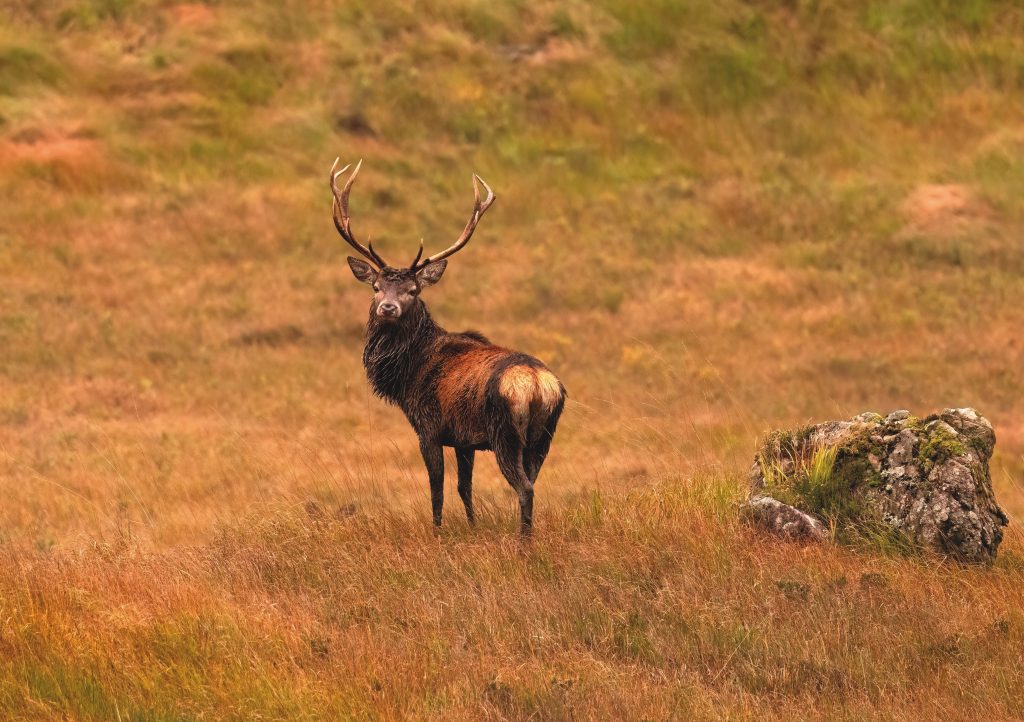Win CENS ProFlex DX5 earplugs worth £1,149 – enter here
The Queen as a sportswoman
<strong>An extract from ST's 1953 Coronation issue</strong>
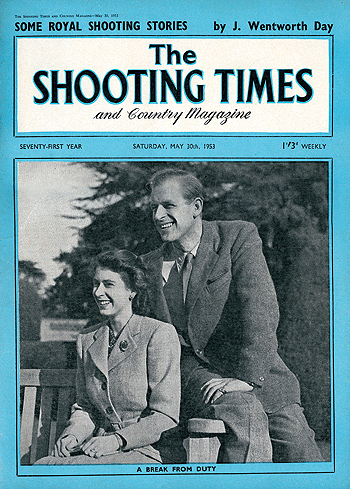
It has now become natural to us all to feel that we share every part of the lives of the Queen and her family, as they share the lives of their people. In the past 18 months this has meant great sorrow and joy. Everyone who has lost a father, husband or a deeply loved friend suffered that loss again at the death of King George VI who was so truly a father to his peoples; and the passing of that great lady Queen Mary was felt as a personal grief by many millions.
Now with the long-awaited day of the Coronation, we can rejoice together amid the great tide of goodwill towards the Queen, her husband and children. However, we do not always think of them on great occasions, but in the smaller round of human interest and affections which we can understand from our own experiences. Especially one likes to feel that they enjoy and share our own pleasures and pastimes. It is when the members of the Royal Family are off duty that we can feel most akin to them and sportsmen of every kind will understand some of their chief pleasures.
King George V and King George VI were both famous Shots, and sportsmen will rejoice that Queen Elizabeth has inherited a love of the fieldsports which are so vital a part of country life. Few people envy the Queen the life of service to which she will more fully dedicate herself on Coronation Day: the ceaseless round of engagements, court functions, state duties, personal visits, when the Queen is always the centre of attention. After working hours, the ordinary men or women can shut their door and relax, but for royalty such opportunities are rare, and they cannot even succumb to a few days illness without causing disappointment and inconvenience to hundreds of people.
It is good, then, to know that there are times when the Queen and the Duke of Edinburgh can set aside at any rate a part of the cares of State and have some private life. It is then that they are able to enjoy the sports which most appeal to them.
The Queen spent a good deal of her childhood in the country, and country of very different types. Her parents’ home, Royal Lodge in Windsor Park, was where she and Princess Margaret kept their pets and learned to ride their ponies. The Queen has always been very fond of riding, though she now has less time to enjoy it than when she was Princess Elizabeth.
Family festivals and holidays were spent at Sandringham, with its fine shooting under the wide skies of Norfolk, and at Balmoral on one of Scotland’s finest salmon rivers – the Aberdeenshire Dee. Three more widely different parts of Britain than the valley of the Thames, East Anglia and Deeside could scarcely be found, each with its own beauty, character and sport.
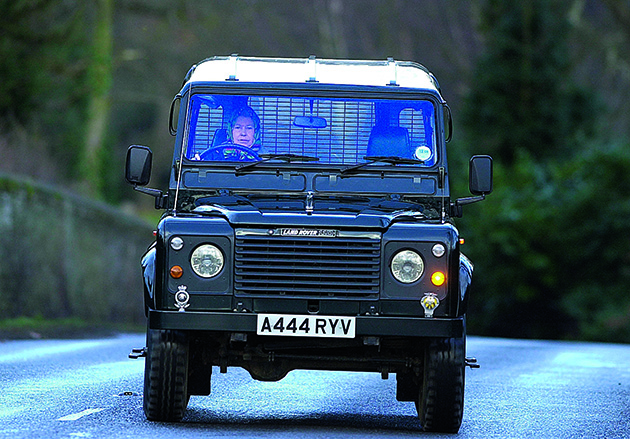
Queen Elizabeth II driving herself in a Land Rover Defender 110 to the stables on the Sandringham Estate in Norfolk.
The Royal angler
It was not until after her marriage that the Queen took up angling seriously, but since then she has developed a real love for it. No doubt her mother first encouraged her interest in it. The Queen Mother comes from an old Scottish family, and in Scotland salmon and trout fishing is second nature. She is a first-class angler, and has fished wherever opportunity offered, at home and abroad. In 1927, when she and the late King visited Australia as Duke and Duchess of York, she managed to fit in a little fishing between her public engagements, and her catches received quite a lot of publicity. She has also found time to study the art seriously, and the late Neville Chamberlain, himself a keen fisherman, lent the Queen Mother a number of books from his angling library.
In the Royal Family, then, as well as elsewhere, the prowess of women anglers is a proved fact, and the Queen’s interest in the sport is growing. As so many of her subjects know, there is no better way of forgetting work and the cares of a crowded life than to get away to some quiet water, there to enjoy an hour or two fishing.
So far, we believe, the Queen has done little fishing in Britain, except on the Dee, though that great river would content most salmon fishers. It is the second most famous salmon river of Scotland and for flyfishing probably the best of all – a royal river indeed, and one that has produced fish of more than 50lb. The record rod-caught salmon for the 20th century (larger fish were recorded in the 18th and 19th centuries) was caught by a woman, Miss G. W. Ballantine, in the Tay in 1922.
Fishing in Canada
This year, as also when she was Princess Elizabeth, the Queen managed to spend a week or so at Balmoral during the best of the spring fishing in May. Already, however, she has fished overseas. At the end of 1951, when she and her husband visited Canada and the United States, they managed to sample Canada’s great angling possibilities, and we hear that they also fished during their brief stay in Kenya in February 1952, which was so tragically cut short by the King’s death.
Now that the long-awaited Australasian tour is to be carried out at the end of this year, we may hope that the Queen and the Duke will be able to cast a fly on the famous trout streams of New Zealand and Australia a quarter of a century after the Queen Mother fished them. No better relaxation could be found among the crowded round of official engagements. And, as any angler knows, the spirit of a country is nearest to one on the banks of a river, between sky and water.
It is a strange thing, this peace of the waterside, incomprehensible to those who have never experienced it. Even in these enlightened days, non-anglers persist in believing that fishing is a matter of sitting still for hours watching a float. Such have neither eyes to see, nor ears to hear, so the busy, stirring life of the riverbank of which the quiet angler becomes a part has no meaning for them. The art of salmon or trout fishing is, of course, very far removed from sitting still. It calls for every faculty of eye, ear and hand, but this kind of action does not prevent the fly fisherman from identifying himself, like the bait fisher, with the world of fish and bird and insect. “Study to be quiet,” quotes Izaak Walton from Thessalonians, adding, “and go angling.”
Even in those far-off days of the 1600s, they felt the need for peace ? how much greater is that need today! The humblest angler who takes out his rod and discovers on canal, or pond, or river this rich new world,could not wish a better gift for his Queen. We may well hope that if Queen Elizabeth has developed a real love of fishing she will be able to enjoy the sport throughout the Commonwealth.
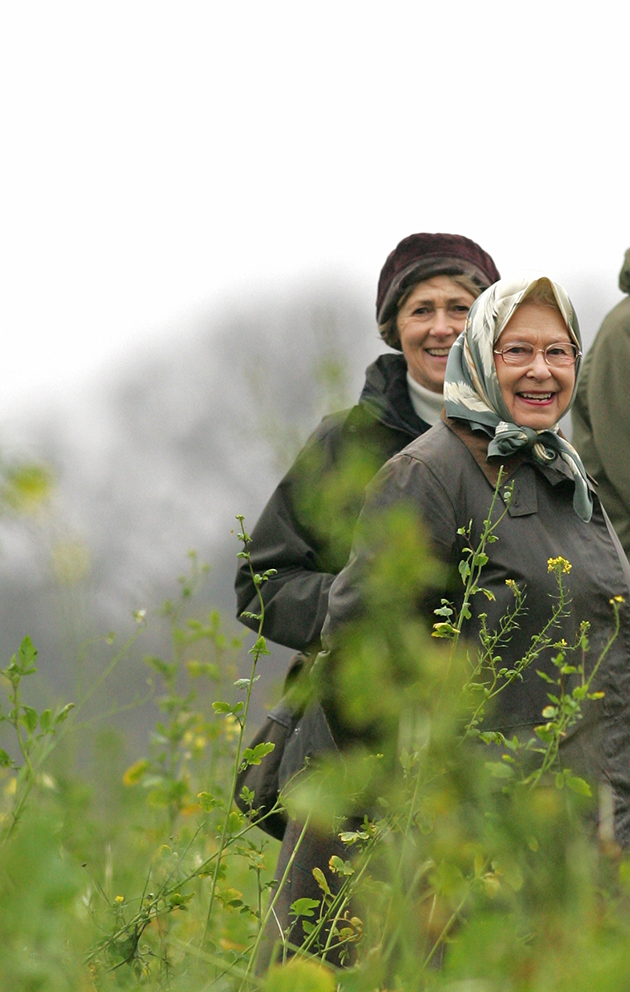
The Queen at the Retriever Championship 2014, Windsor Great Park, Berkshire
Royal Shot
But fishing and riding are not the Queen’s only sports. Though she does a limited amount of shooting, she often joins the Guns at Sandringham or Balmoral, and the Duke of Edinburgh is following the royal tradition as a Shot. Deerstalking is another of the Queen’s favourite sports. Perhaps one day she will tackle big-game shooting and fishing. On an African holiday in 1925, the Queen Mother took up big-game hunting with success, and accompanied the late King on safari.
Both the Queen and her mother have a deep love for horses and are keen racegoers. Their obvious enjoyment of events is seen and shared by thousands in the crowds at many of the big races of the season. In this age when the horse has been superseded by the internal combustion engine in so many of its fields of activity, the racing studs remain as one of the last great strongholds of the breed.
As long as the Englishman retains his natural love of the turf, and of horses for their own sake, the great tradition of British horse breeding will remain, and Royal patronage is of the greatest importance.
For hundreds of years, the national instinct for fair play – often ridiculed but still held in respect throughout the world – has produced both our games and the laws, written and unwritten, which exist to protect and preserve wildlife and regulate fieldsports. The latter are due very largely to the wisdom and knowledge of country men.
The past two centuries have of necessity urbanised much of this country, and a city life can become a belittling thing if one loses touch with the realities of nature. Most of us who are tied to town life long, at any rate sometimes, for the country, for there we can recover a sense of proportion and the fitness of things.
Fieldsports have been much abused and often condemned, in the main by those who have never had an opportunity to know and understand them. Nothing is perfect in an imperfect world, but the laws, written and unwritten, appertaining to sport with rod and gun have been evolved in justice and mercy as distinct from sentimentality. Those two qualities have produced all that is finest in the nation’s history, and they become ‘the throned monarch much better than his crown’.
It is our responsibility to see that fieldsports conform to that high standard, and we regard with pride the fact that enjoyment of them is shared by Queen Elizabeth.
Related Articles
Get the latest news delivered direct to your door
Subscribe to Shooting Times & Country
Discover the ultimate companion for field sports enthusiasts with Shooting Times & Country Magazine, the UK’s leading weekly publication that has been at the forefront of shooting culture since 1882. Subscribers gain access to expert tips, comprehensive gear reviews, seasonal advice and a vibrant community of like-minded shooters.
Save on shop price when you subscribe with weekly issues featuring in-depth articles on gundog training, exclusive member offers and access to the digital back issue library. A Shooting Times & Country subscription is more than a magazine, don’t just read about the countryside; immerse yourself in its most authoritative and engaging publication.



